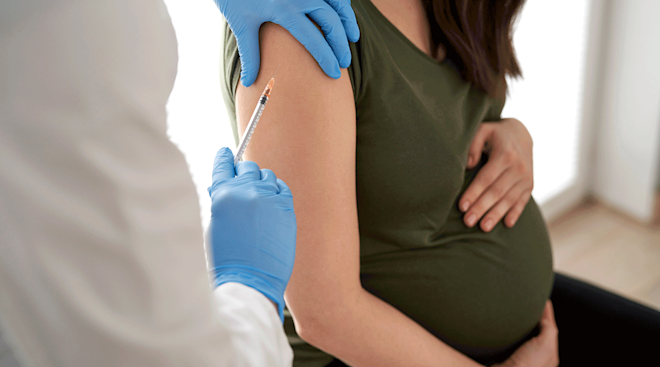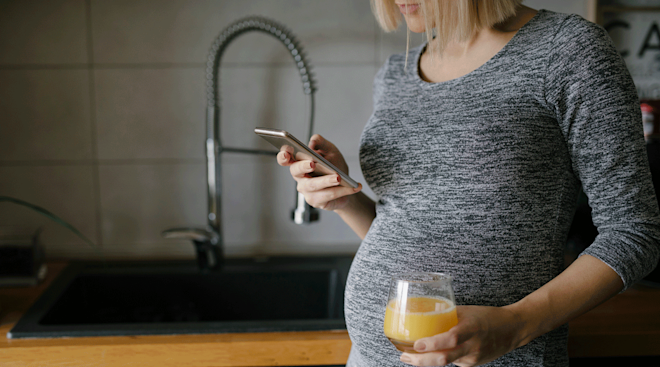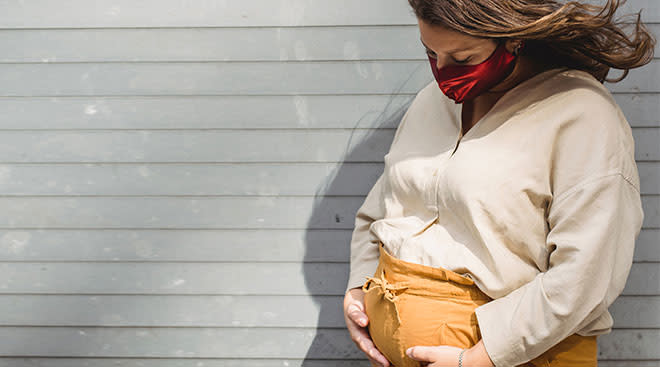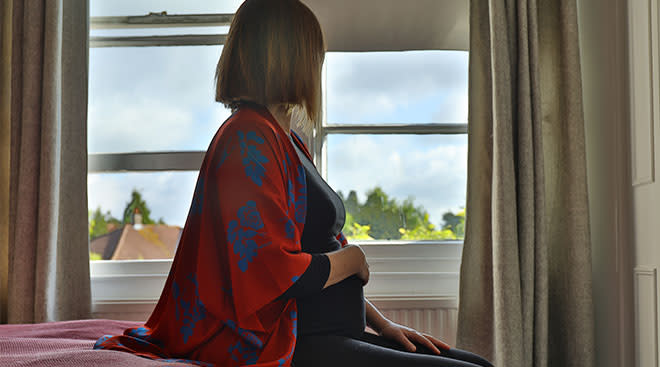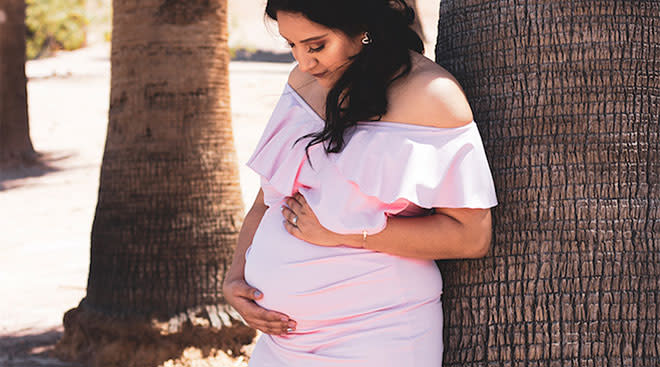Mom’s COVID-19 Shot Lowers Preterm Birth Risk, Stanford Study Shows
The COVID-19 pandemic brought with it plenty of challenges for pregnant women. From increased stress to lonely labor and delivery rooms, the first two years of the pandemic also saw an alarming increase in preterm births.
An increase in premature deliveries spawns issues and effects far beyond a few days post-delivery. Baby’s early arrival has been associated with lifelong health and socioeconomic consequences with documented associations for cardiovascular health, cognition, physical ability and reproductive health issues.
However, a recent study led by Stanford professor Florencia Torche suggests that soon-to-be-moms’ widespread adoption of the COVID-19 vaccine may have played a crucial role in preventing thousands of preterm births. A light at the end of a very long and dark pandemic tunnel.
Published in the Proceedings of the National Academy of Sciences, Torche worked with Jenna Nobles from the University of Wisconsin-Madison to based their study on natality data from California, a state known for its diversity and significant share of U.S. births.
Starting in June 2020, California began recording COVID-19 cases for all mothers giving birth, providing a valuable dataset for the researchers. By focusing on facilities with documented, universal testing, the study compared infants exposed to COVID-19 in utero with their siblings who did not experience a COVID-19 infection.
The research uncovered that a mom’s COVID-19 infection increased the likelihood of preterm delivery by 1.2 percentage points, from 7.1 percent to 8.3 percent during the first two years of the pandemic. But as the vaccine made its debut in a was fully rolled out by 2022, the negative impacts of COVID-19 on preterm births had disappeared, showcasing a significant turnaround.
Torche hopes that her discovery will lead more moms-to-be to get the vaccination. “Unfortunately, even if the adverse impact of COVID-19 infection on preterm birth has plummeted to zero, this adverse impact is likely to emerge again as the virus continues to evolve and mutate, and as vaccine-driven immunity wanes,” Torche said in a Stanford press release. “The effects of COVID-19 on infant health may be among the most enduring legacies of the pandemic. I hope the study provides strong evidence supporting the benefits of vaccination for the health of the next generation.”
Navigate forward to interact with the calendar and select a date. Press the question mark key to get the keyboard shortcuts for changing dates.



































